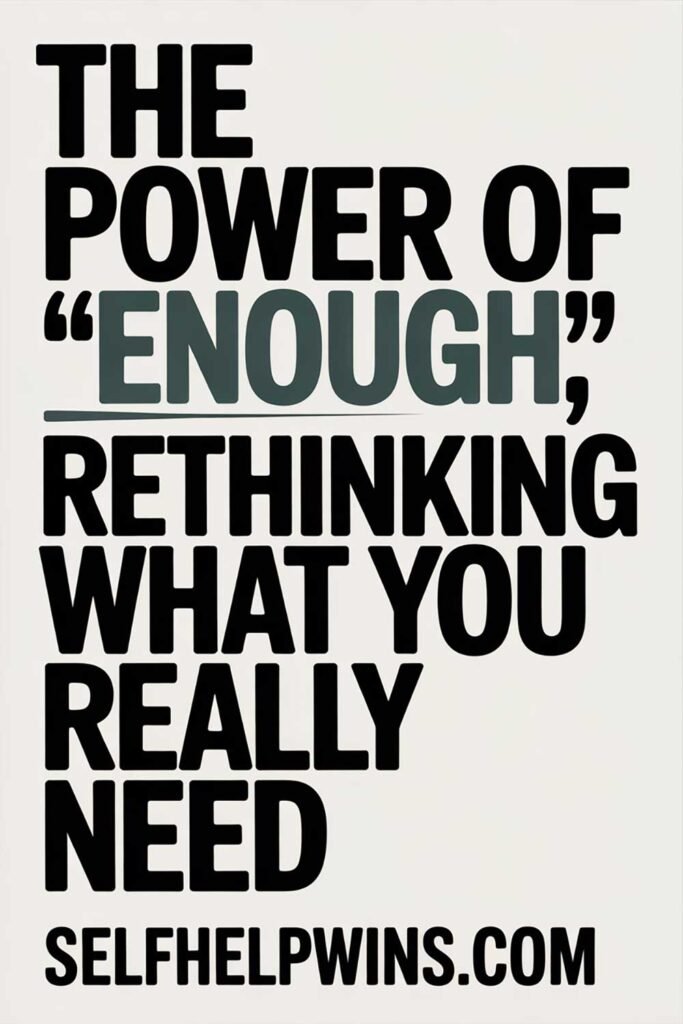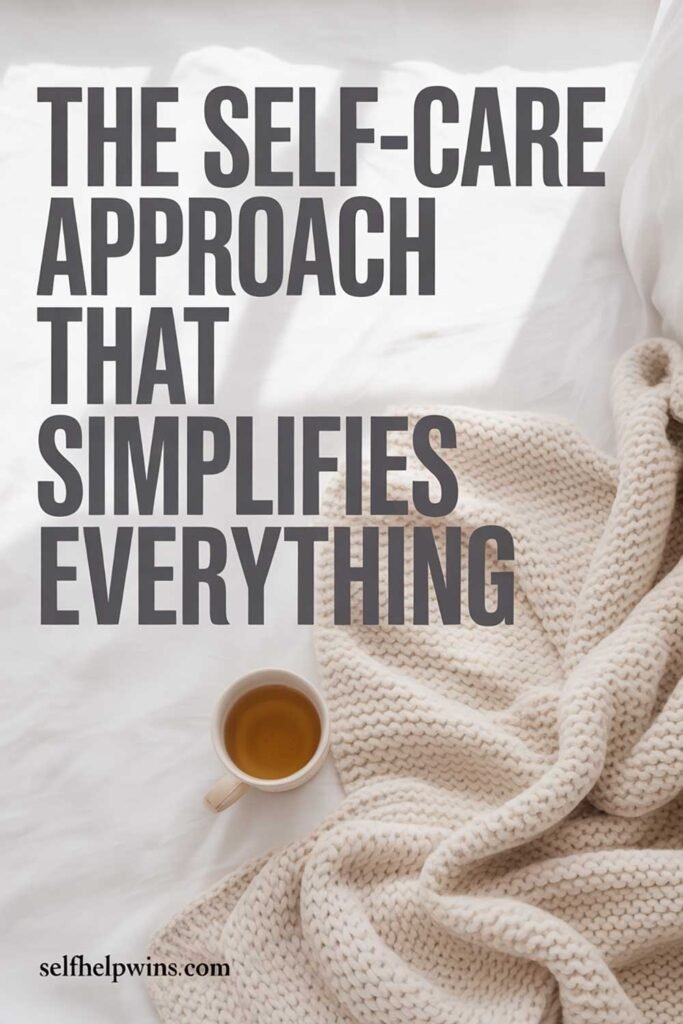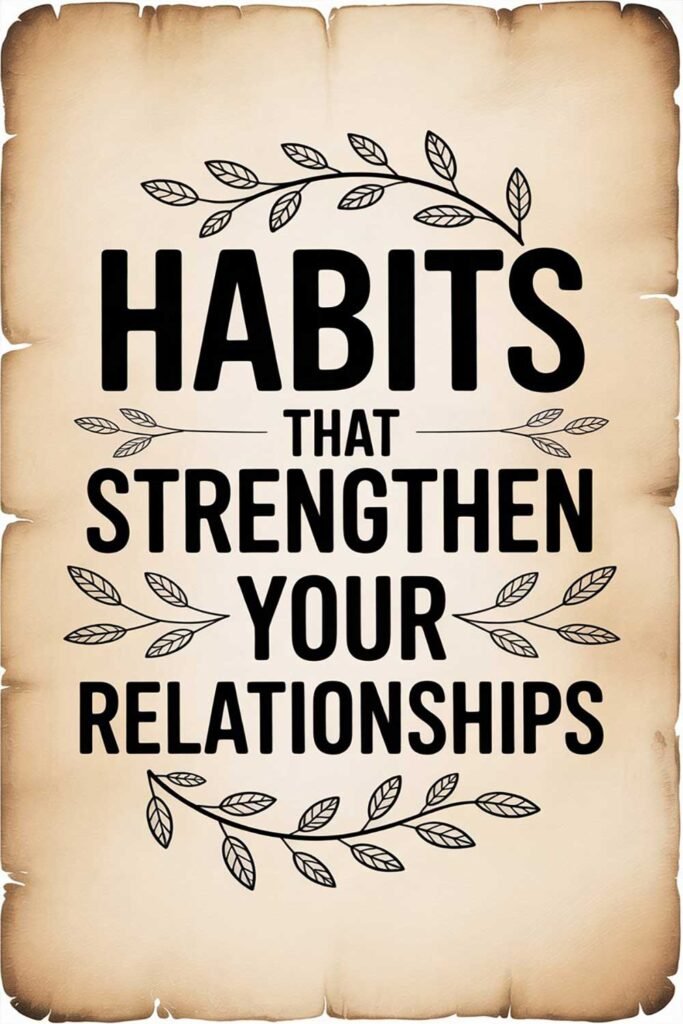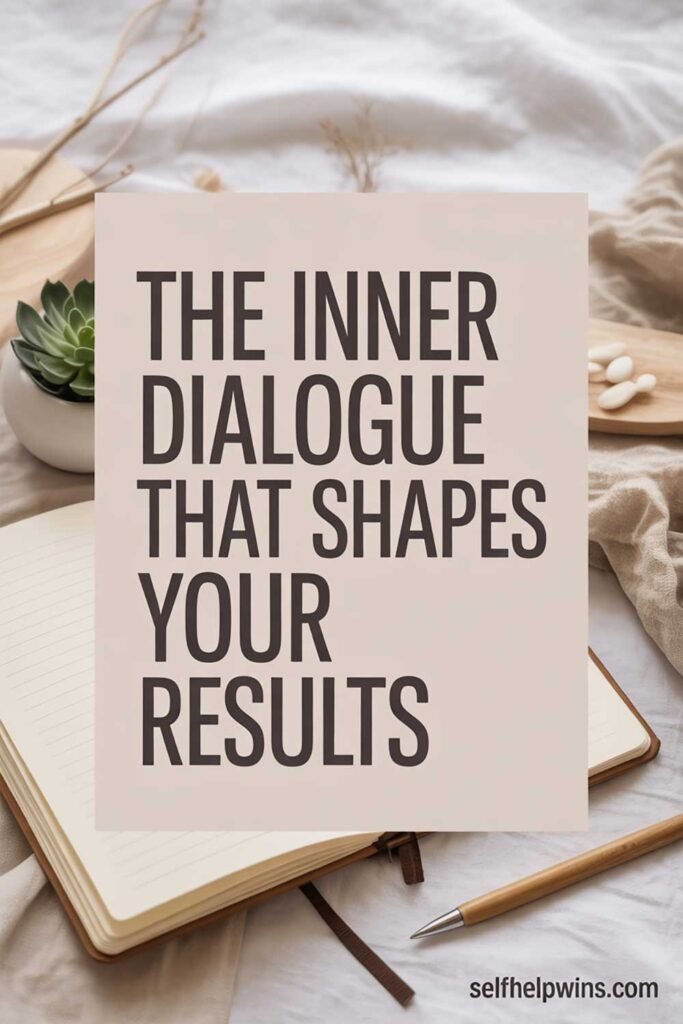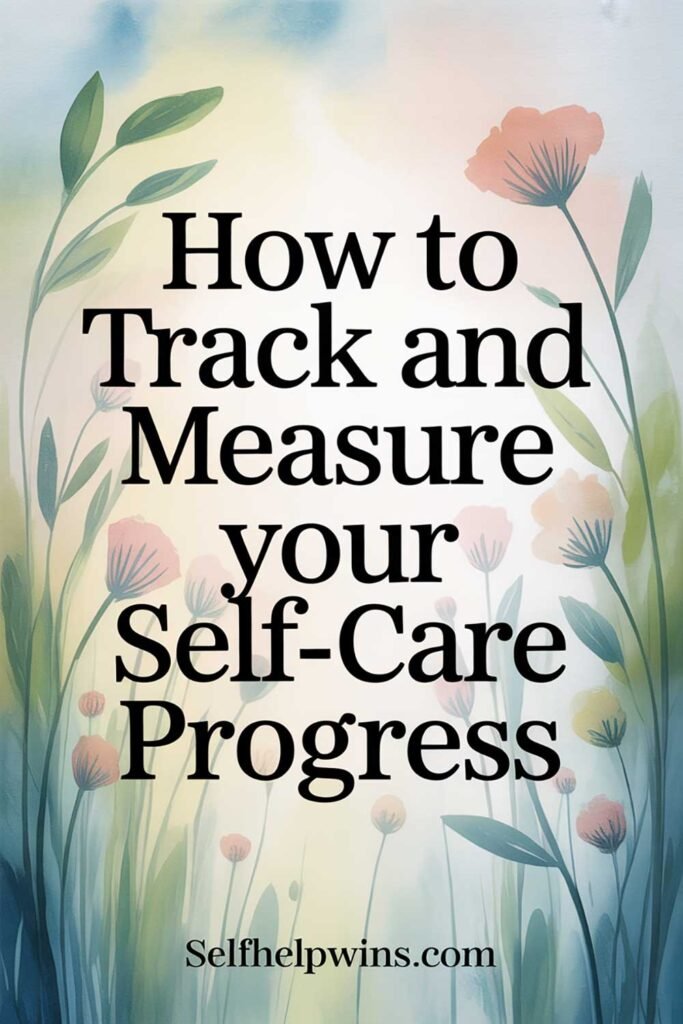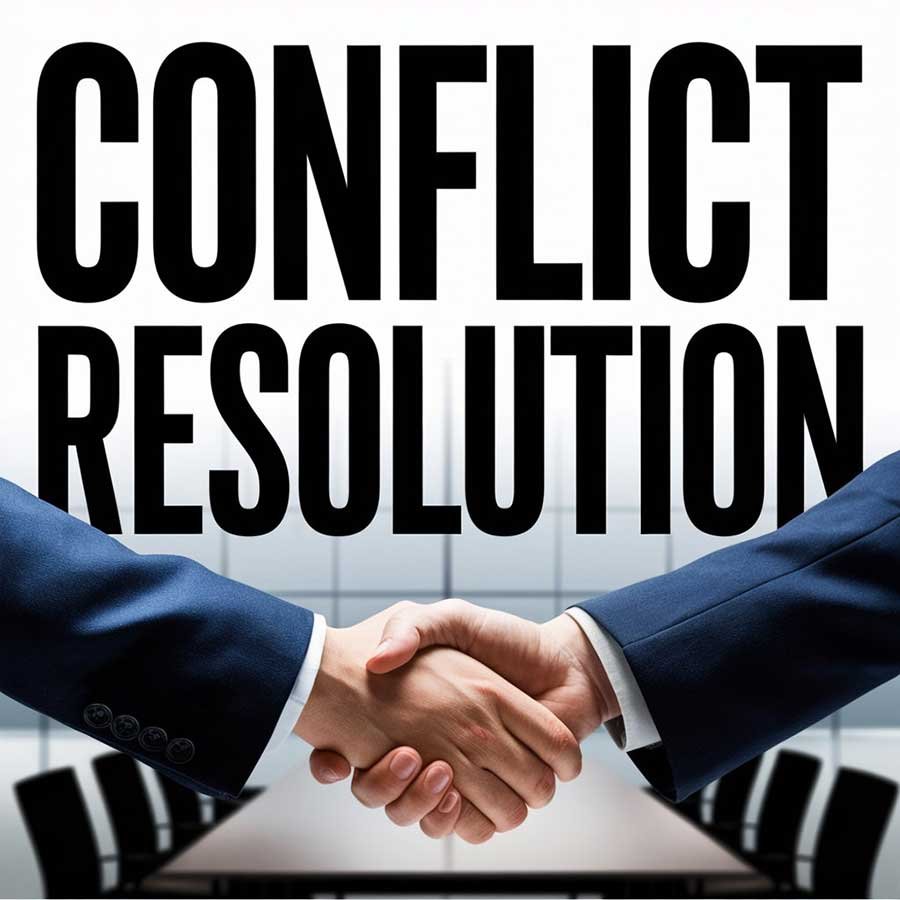
Conflict Resolution
Conflict is a natural part of human interaction, whether in personal relationships, the workplace, or social settings. The ability to resolve conflicts effectively can strengthen relationships, build trust, and foster a more harmonious environment. Mastering conflict resolution skills allows you to navigate disagreements constructively rather than letting them escalate into bigger issues. Here’s how you can approach conflict resolution with confidence and clarity.
1. Understand the Root Cause of the Conflict
Every conflict has an underlying cause. Identifying the core issue helps prevent miscommunication and allows for a meaningful resolution.

Steps to Identify the Root Cause:
- Listen actively to understand each party’s perspective.
- Ask open-ended questions to uncover concerns.
- Separate personal emotions from the issue at hand.
- Clarify misunderstandings before jumping to conclusions.
2. Stay Calm and Maintain Composure
Emotional reactions can escalate conflicts rather than resolve them. Approaching disagreements with a level-headed mindset encourages productive discussions.
How to Stay Calm:
- Take deep breaths before responding.
- Pause before reacting emotionally.
- Focus on finding a solution rather than winning the argument.
- Use a neutral tone and body language to de-escalate tension.
3. Practice Active Listening
Listening is a crucial aspect of conflict resolution. When people feel heard, they are more likely to cooperate in finding a resolution.
Tips for Active Listening:
- Maintain eye contact and give your full attention.
- Acknowledge the other person’s feelings without dismissing them.
- Summarize their key points to ensure understanding.
- Avoid interrupting or formulating a response before they finish speaking.
4. Communicate Clearly and Respectfully
Clear and respectful communication prevents misunderstandings and helps resolve conflicts faster.
Ways to Communicate Effectively:
- Use “I” statements to express your feelings without blame (e.g., “I feel frustrated when…”).
- Avoid accusatory language that may put the other person on the defensive.
- Stick to the facts and avoid bringing up past grievances.
- Stay open to different perspectives and solutions.
5. Seek Common Ground
Finding a shared interest or goal can help both parties work together rather than against each other.
Strategies to Find Common Ground:
- Identify shared values or objectives.
- Focus on long-term benefits rather than short-term disagreements.
- Be willing to compromise to reach a fair solution.
- Highlight areas of agreement before addressing differences.
6. Develop Problem-Solving Skills
Constructive problem-solving is essential for resolving conflicts effectively.
Steps for Effective Problem-Solving:
- Define the problem clearly and objectively.
- Brainstorm multiple solutions before deciding on one.
- Evaluate the pros and cons of each option.
- Agree on an action plan and follow through with it.
7. Manage Emotions Constructively
Strong emotions can fuel conflicts, but managing them properly can lead to a better resolution.
How to Handle Emotions:
- Recognize your own emotional triggers.
- Take breaks if the discussion becomes too heated.
- Use relaxation techniques such as deep breathing or mindfulness.
- Express emotions in a constructive and non-confrontational manner.
8. Set Boundaries and Know When to Walk Away
Not all conflicts can be resolved immediately. Setting boundaries can prevent unnecessary escalation.
When to Walk Away:
- When emotions are too high for a productive conversation.
- If the other party refuses to engage in a respectful discussion.
- When a temporary break is needed to cool down.
- If the conflict is becoming toxic or harmful.
9. Use Mediation When Necessary
In some cases, involving a neutral third party can help facilitate resolution.
How Mediation Can Help:
- Provides an unbiased perspective on the conflict.
- Helps both parties communicate more effectively.
- Encourages a fair and balanced resolution.
- Prevents conflicts from escalating further.
10. Focus on Growth and Learning
Every conflict is an opportunity for growth. Learning from disagreements can improve relationships and communication skills.
How to Learn from Conflicts:
- Reflect on what could have been handled differently.
- Identify patterns in how you respond to disagreements.
- Develop better strategies for future conflicts.
- Use conflicts as a chance to strengthen relationships.
Picture This
Imagine a world where conflicts no longer feel overwhelming but instead serve as stepping stones to deeper understanding and stronger relationships. You approach disagreements with confidence, knowing how to de-escalate tension and find common ground. Instead of feeling stuck in arguments, you navigate them with clarity and respect. Your ability to resolve conflicts not only strengthens your connections but also fosters a more peaceful and productive environment.
How would mastering conflict resolution improve your personal and professional relationships?
Please Share This Article
If you found this guide helpful, please share it with anyone who could benefit from stronger conflict resolution skills. A simple share could make a significant difference in fostering healthier conversations and relationships.

